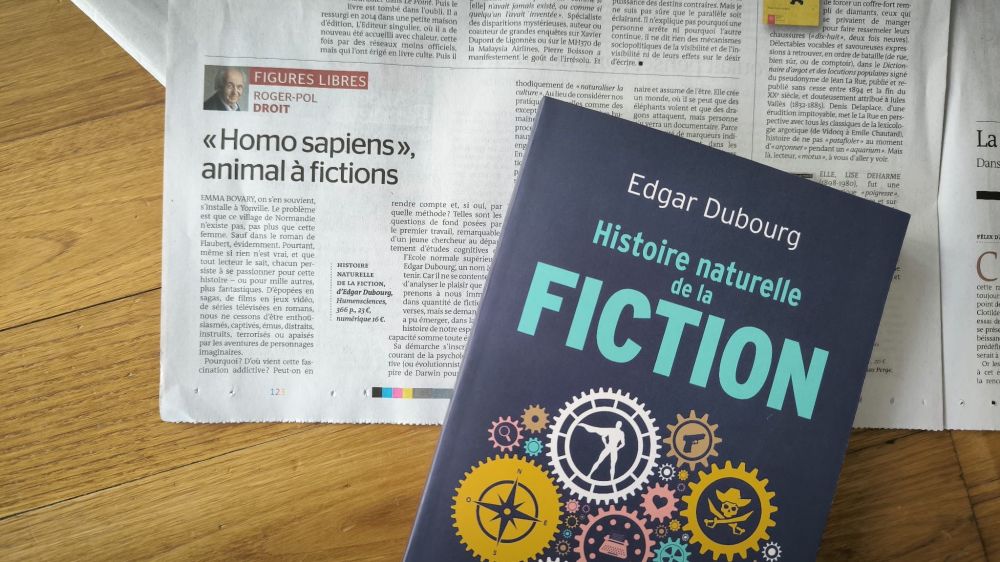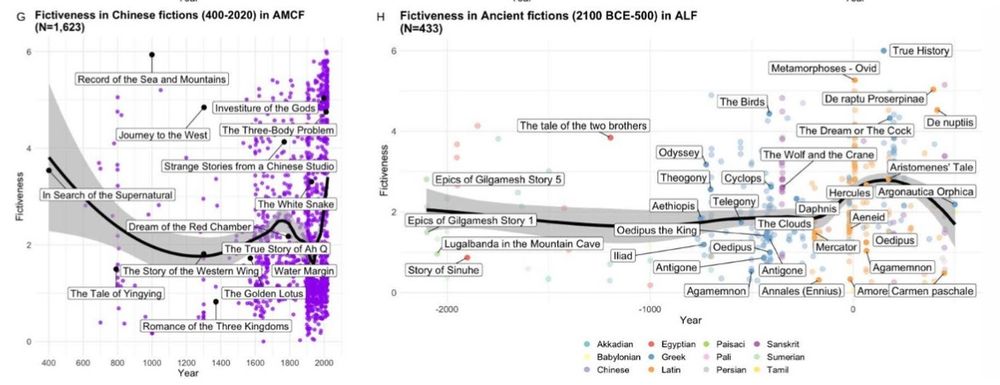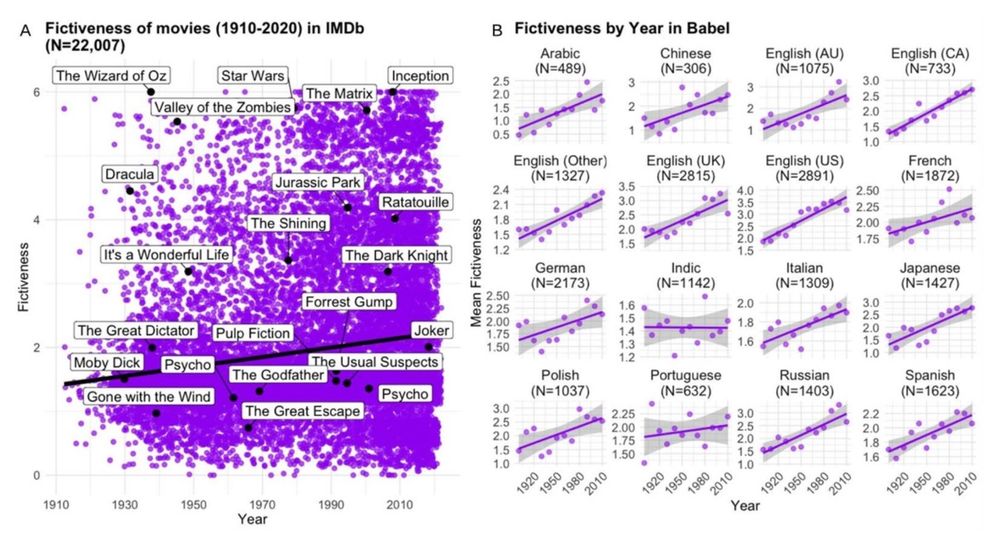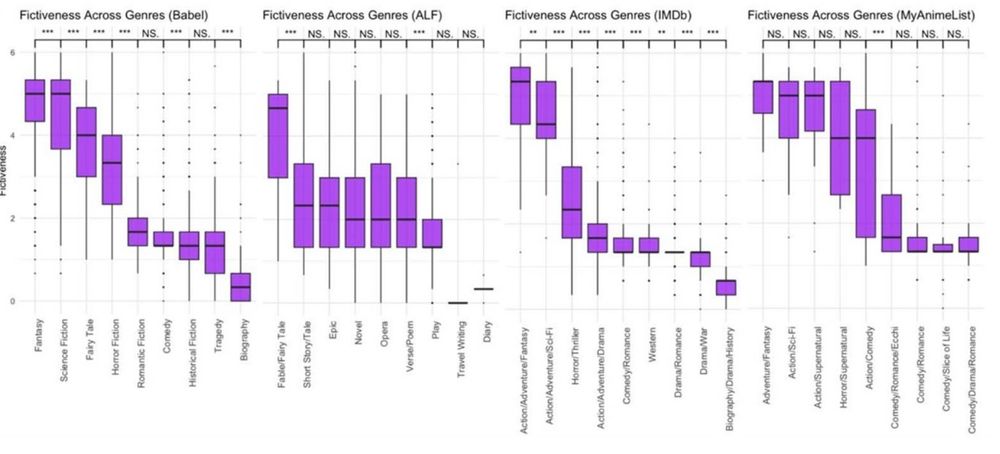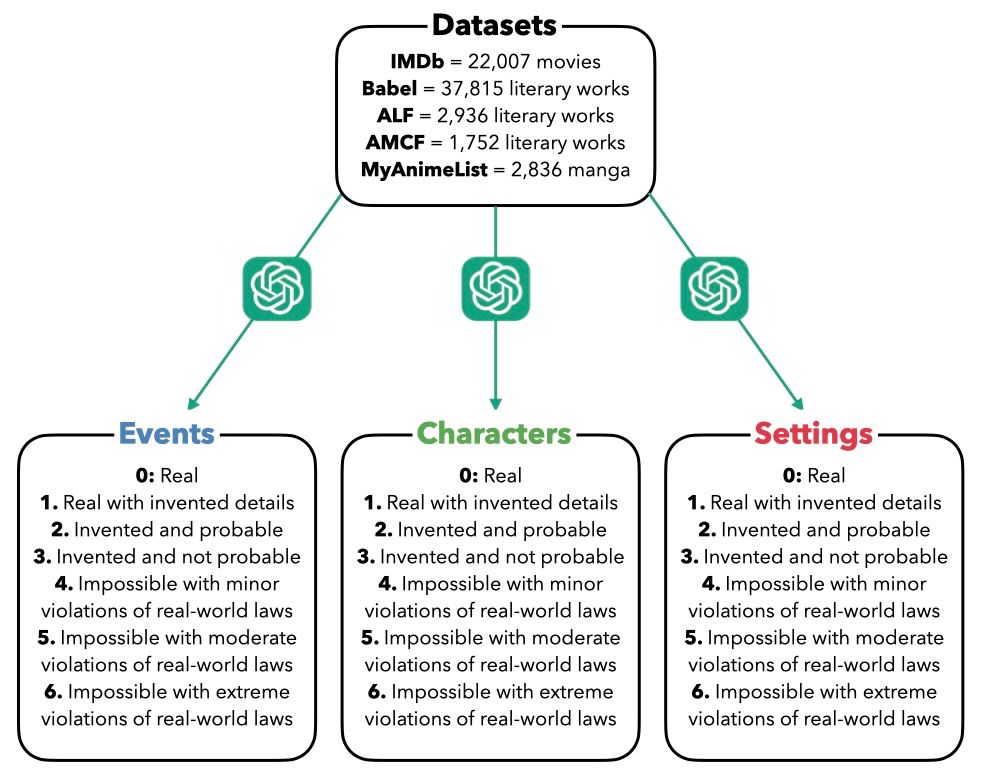Edgar Dubourg
@edgardubourg.bsky.social
170 followers
51 following
120 posts
PhD student in cognitive science (ENS, Paris) studying the evolutionary origin, psychological foundations and cultural evolution of fictions. www.edgardubourg.fr
Posts
Media
Videos
Starter Packs
Reposted by Edgar Dubourg
Reposted by Edgar Dubourg
Edgar Dubourg
@edgardubourg.bsky.social
· Aug 12
Edgar Dubourg
@edgardubourg.bsky.social
· Aug 12
Edgar Dubourg
@edgardubourg.bsky.social
· Aug 12
Edgar Dubourg
@edgardubourg.bsky.social
· Aug 12
Edgar Dubourg
@edgardubourg.bsky.social
· Aug 12
Edgar Dubourg
@edgardubourg.bsky.social
· Aug 12
Edgar Dubourg
@edgardubourg.bsky.social
· Aug 12


